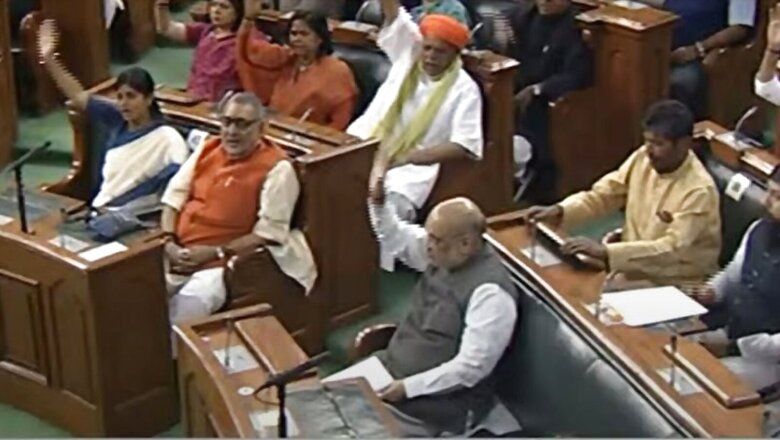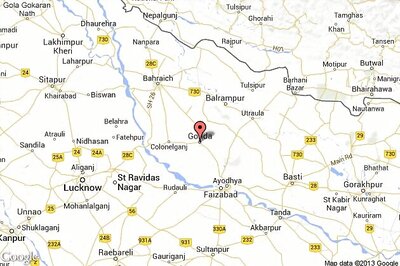
views
The Lok Sabha on Wednesday passed The Delhi Municipal Corporation (Amendment) Bill, 2022, which seeks to merge the three municipal corporations in the national capital. Addressing the Lower House while moving the bill, Union Home Minister Amit Shah said the bill is within the powers vested into the Parliament as per Section 239 AA of the Constitution.
Shah also said the Delhi government is “working with a step-motherly attitude towards the municipal corporations”. He even said that Delhi being the national capital, where Rashtrapati Bhawan, Parliament, Prime Minister’s Office, central secretariats, among other important offices, are located, carrying out civic services is very important. He urged the House to consider the bill rising above party politics.
The bill had been introduced on Friday by Union Minister of State for Home Nityanand Rai. The BJP has been ruling the municipal corporations in Delhi for the last 15 years and the AAP has been sensing an opportunity to oust it from power and strengthen its grip on the national capital.
Here’s a look at what the bill proposes:
The objective
The Bill seeks to merge the three municipal corporations of Delhi into a single, integrated and well-equipped entity and the number of seats in the merged MCD will not exceed 250. It also proposes appointing a special officer, who would be designated to oversee its function till the first meeting of the body is held under the reunification law. The number of seats of councillors and those reserved for Scheduled Caste members in the merged body will be determined by the central government through a notification in the official gazette, the statement of objects and reasons said.
The objective of the bill, as stated, is to reduce the financial stress on the three municipalities and give better services to Delhi residents. “Trifurcation of the erstwhile Municipal Corporation of Delhi was uneven in terms of territorial divisions and revenue-generating potential. As a result, there was a huge gap in the resources available to the three corporations compared to their obligations,” the bill stated.
The bill also proposes to ensure “a robust mechanism for synergised and strategic planning and optimal utilisation of resources and greater transparency, improved governance and more efficient delivery of civic services for the people of Delhi”.
MCD’s history
Delhi has five local bodies – North, East and South Delhi municipal corporations, the Delhi Cantonment Board and the New Delhi Municipal Council. The majority of Delhi’s area is covered by the North, South and East Delhi corporations.
These three corporations were known as a single entity as Municipal Corporation of Delhi (MCD) before 2012. The then Sheila Dixit government had decided in 2012 to trifurcate the MCD. The move was opposed by the RWAs, saying it had led to unequal distribution of funds and mismanagement as there was no accountability.
The seat break-up
The total number of seats in the unified MCD will be capped at 250, with reserved seats for scheduled caste (SC) and scheduled tribe (ST). At present, the three corporations in Delhi — North, South and East Delhi Municipal Corporations — have a total of 272 seats. While North and South corporations have 104 seats each, the East corporation has 64.
Fresh elections could be held after redrawing of the municipal constituencies. Also, a process of delimitation could delay the elections further.
(With PTI inputs)
Read all the Latest News India and Breaking News here



















Comments
0 comment